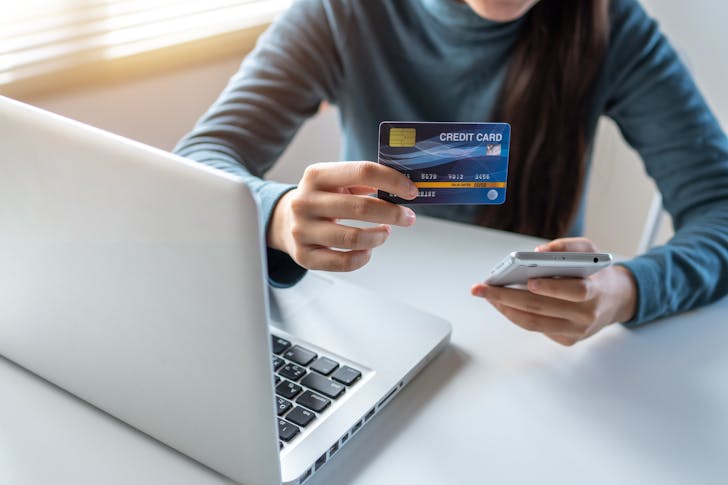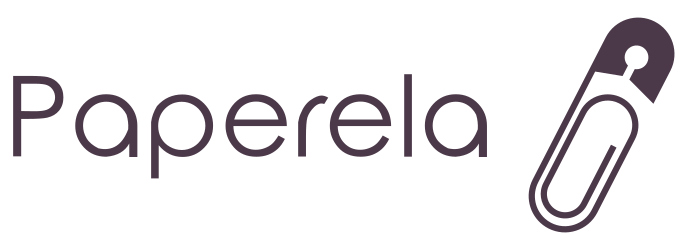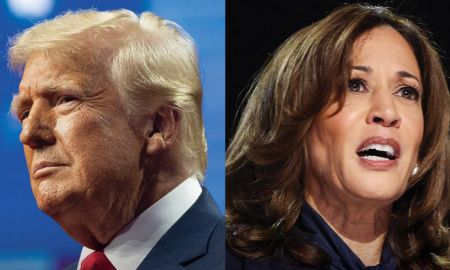
How Old Do You Have to Be to Open a Bank Account: And Options For Minors

Navigating the financial landscape can be daunting for anyone. Still, for kids and teens eager to manage their own money, the question of “how old do you have to be to open a bank account” is especially pertinent. Here’s a helpful guide to understanding when a child can open a bank account and the options available for minors.
How Old Do You Have to Be to Open a Bank Account On Your Own?
Generally, you must be at least 18 years of age to open a bank account on your own, with some variability by state. However, there are several options that allow children and teens to access the banking experience before the age of 18 with an adult cosigner or custodian.

RDNE Stock project | Pexels | You must be at least 18 years of age to open a bank account on your own.
While it may not be possible to open a bank account under 18 without a parent or guardian, there are options allowing children and teens to access the banking experience. This approach provides a sense of independence and a hands-on way to learn about financial responsibility.
What Are The Options For Minors?
When setting up a bank account for a minor, you must decide on both the account title and the type of account. Here are some common arrangements:
Account Title: Custodial
A parent or guardian sets up a custodial account on behalf of the minor. While the minor is the beneficiary of the funds, control of the account remains with the custodian until the child reaches a specified age, often 18 or 21, depending on state regulations. This type of account is beneficial for ensuring funds are used for the benefit of the minor and often serves as a savings tool for more considerable expenses, such as college tuition. However, once the minor reaches the legal age, they gain full access and control over the funds.
Account Title: Joint

Ketut Subiyanto | Pexels | A joint account, both parent and minor have equal access to the account and can make deposits and withdrawals.
If you prefer that the child have access to the account while they are still a minor and still want to maintain some control after they reach the age of majority, a joint account may be the preferred option. This type of account is opened in the names of both the minor and the parent or guardian. Both parties have equal access to the account and can make deposits and withdrawals, providing a practical way for minors to learn about banking under adult supervision.
Account Type: Savings and Checking
Once a child hits their teen years, introducing a checking account might be a wise move. A teen checking account may come with a debit card, ATM access, and mobile and online banking features. This helps teach them how to manage their finances responsibly, including balancing an account and keeping track of spending limits.

Khwanchai Phanthong | Pexels | A minor checking account may come with a debit card, ATM access, and mobile and online banking features.
What Will A Minor Need To Open A Bank Account?
Opening a bank account for a minor typically requires:
- The minor’s name, date of birth, and Social Security number
- The parent or guardian’s Social Security number and valid photo ID (e.g., driver’s license or passport)
- The parent or guardian’s contact information (e.g., phone number or email address)
- Cash or a check for the initial deposit (if required by the bank)
What To Look For When Choosing A Bank Account For A Minor
When selecting a bank account for a minor, it’s essential to consider a few key features:
- Low or No Minimum Balance Requirement: This can help ease the financial burden, allowing minors to focus on learning money management rather than meeting balance requirements.
- No Monthly Maintenance Fees: Opt for accounts that don’t charge monthly fees, which can unnecessarily deplete funds.
- Educational Tools and Features: Some banks offer accounts that include educational components like interactive online banking experiences, transaction monitoring, and financial learning resources.
The Bottom Line
Introducing minors to the world of banking not only prepares them for their financial futures and teaches them valuable lessons about money management. With the right tools and guidance, children can develop a healthy relationship with money that will serve them well throughout their lives. By exploring the various account options and choosing the right one, you can help set them on the path to financial independence and success.
More in Financial Planning
-
`
Leo DiCaprio’s Star-Studded 50th Birthday Bash
Leonardo DiCaprio’s 50th Birthday celebrations marked a significant milestone in the life of this Hollywood icon. Known for his legendary performances...
November 19, 2024 -
`
What Does Budget 2024 Mean for UK Business Owners?
In the much-anticipated Autumn Budget of 2024, UK Prime Minister Sir Keir Starmer rolled out some big changes affecting both individuals...
November 13, 2024 -
`
Hollywood Stars Who Stole the Show at the 2024 LACMA Gala
Blake Lively Stuns in Tamara Ralph Couture “It Ends With Us” star Blake Lively made a dramatic entrance at the 2024...
November 12, 2024 -
`
How Can You Leverage Higher Income Limits for Capital Gains Tax Benefits?
As tax laws evolve, understanding how to leverage higher income limits for the 0% capital gains bracket becomes essential for savvy...
November 7, 2024 -
`
Investor David Einhorn Thinks Peloton Can Be Worth Five Times More IF It Cuts Costs
David Einhorn, founder and president of Greenlight Capital, has a bold vision for Peloton. He believes the struggling fitness company could...
November 7, 2024 -
`
How Interactive Matter Maps Improve Legal Research and Planning
Interactive matter maps have transformed legal research and planning by simplifying how law firms manage complex matters. These tools help legal...
November 1, 2024 -
`
The Role of Global Mobility in Business Planning for 2025
In an era where the competition for top talent is fierce, the significance of global mobility in business planning cannot be...
November 1, 2024 -
`
Will AI Legal Advice Empower or Exclude Those in Need of Justice?
The rapid advancement of technology has introduced AI legal advice into the legal profession, creating both excitement and concern. Law firms,...
October 25, 2024 -
`
Trump vs. Harris – Who Does Hollywood Support?
As the race for the White House heats up, celebrity endorsements have become an influential force in shaping public opinion during...
October 22, 2024















You must be logged in to post a comment Login